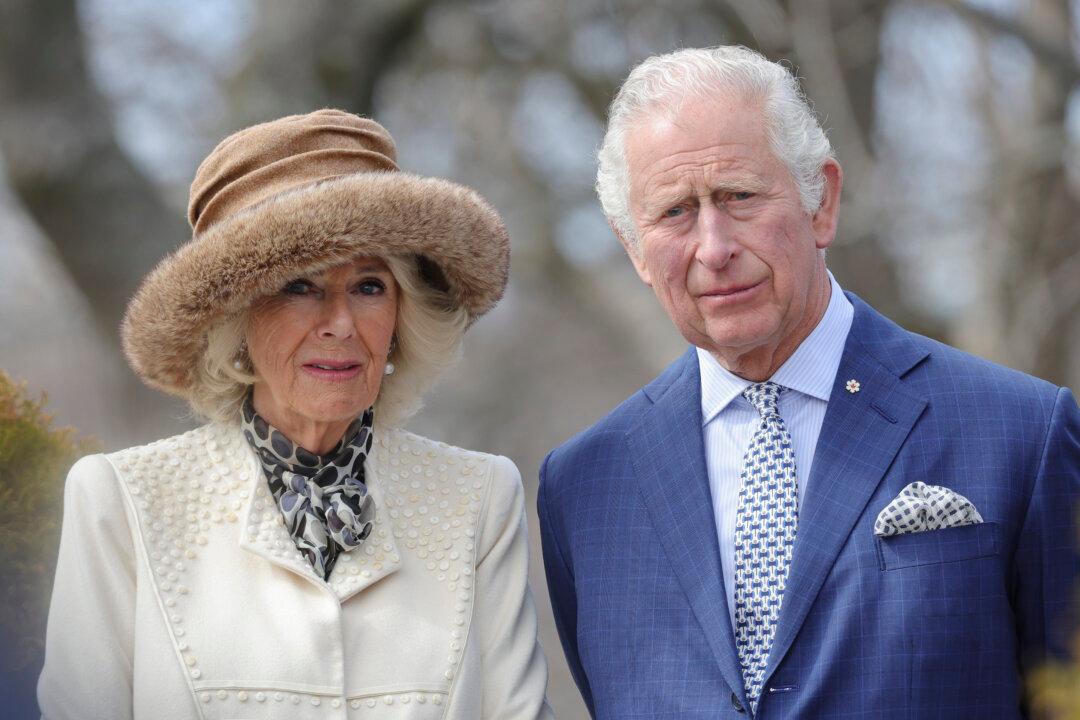Concerns are growing over contracts recently awarded by the Canadian government to a controversial Beijing-based company that is directly connected to the Chinese Communist Party. One expert says the deal should be cancelled in light of the risks to Canada’s security.
The five contracts awarded to Nuctech Company, reportedly worth $6.8 million, involve installing X-ray and other scanning equipment to provide security at Canadian embassies, consulates, and high commissions around the world—170 in all.





